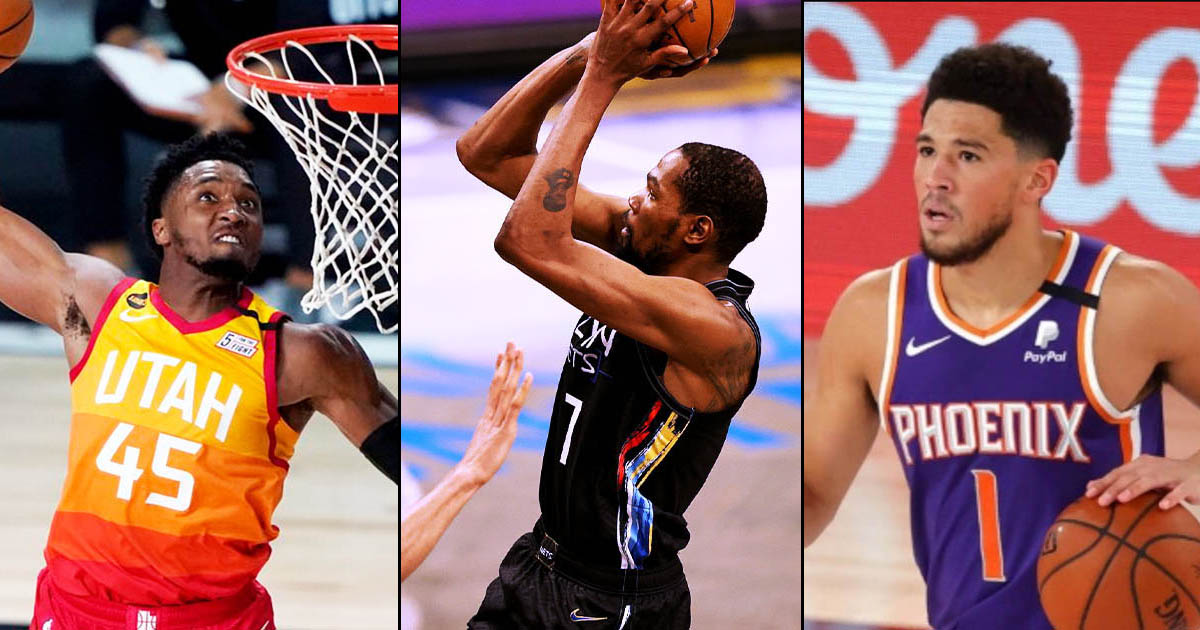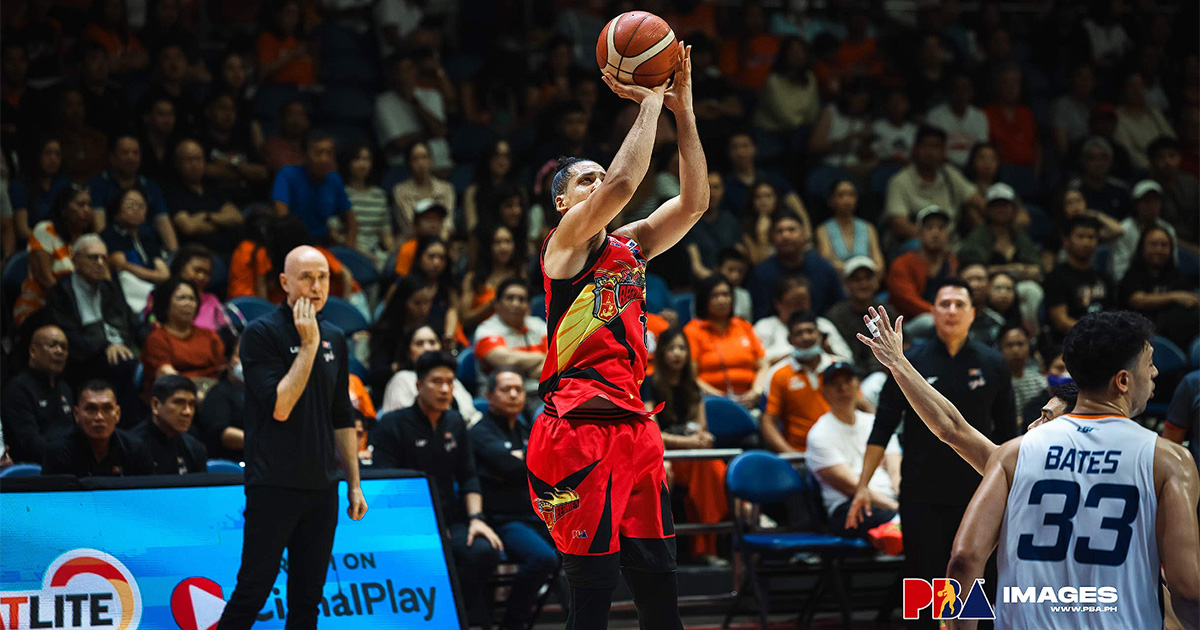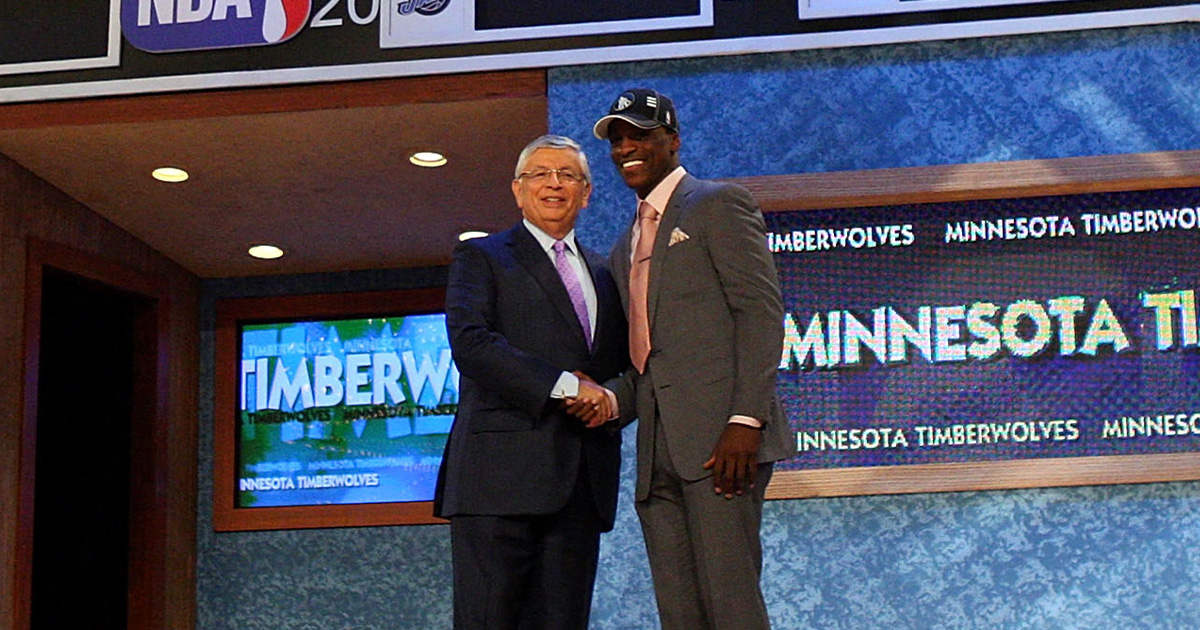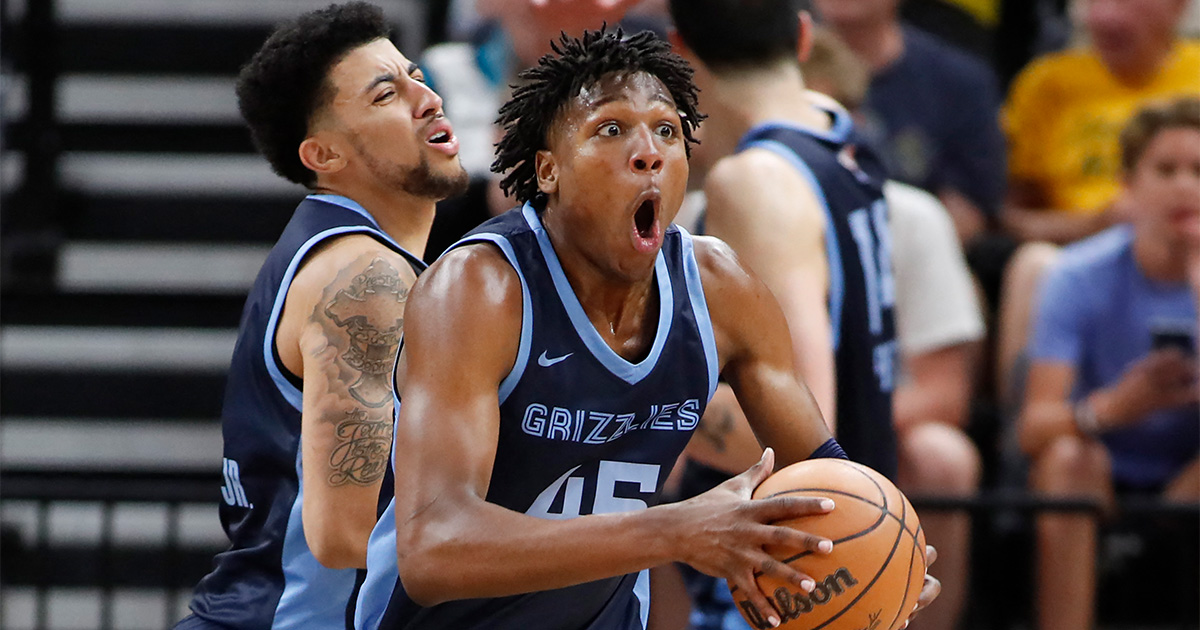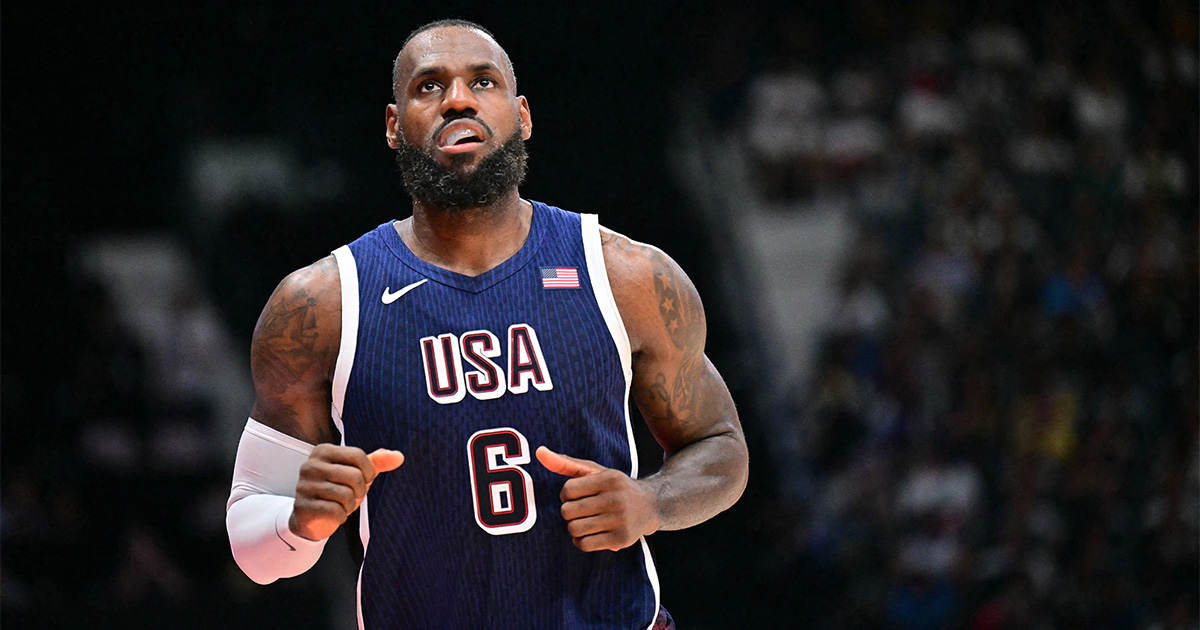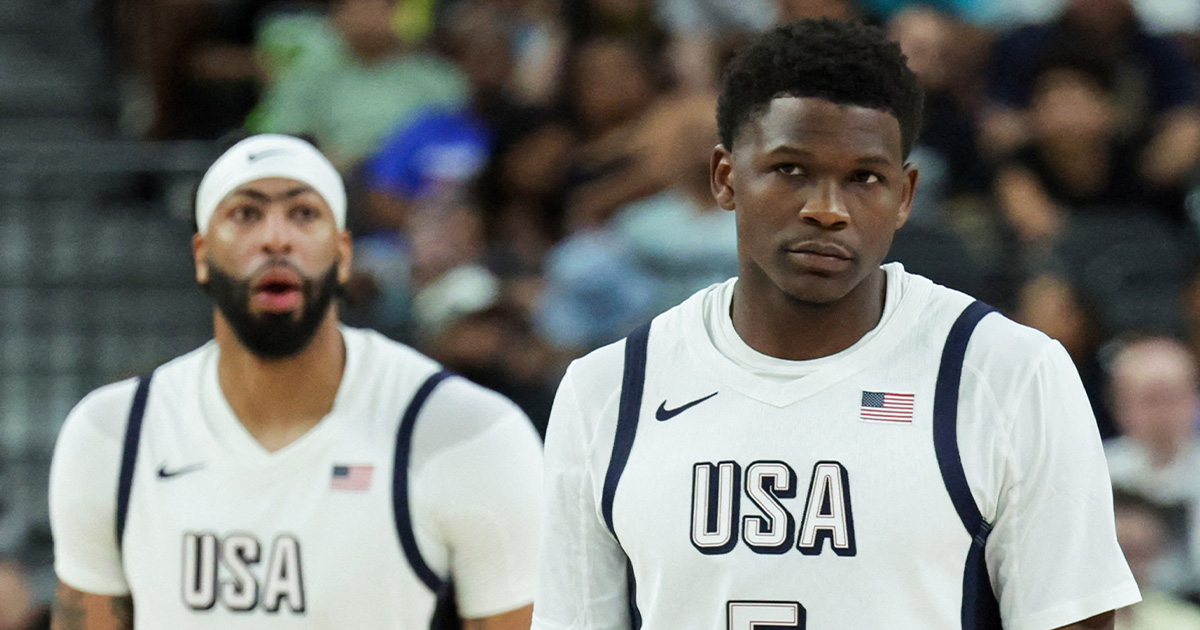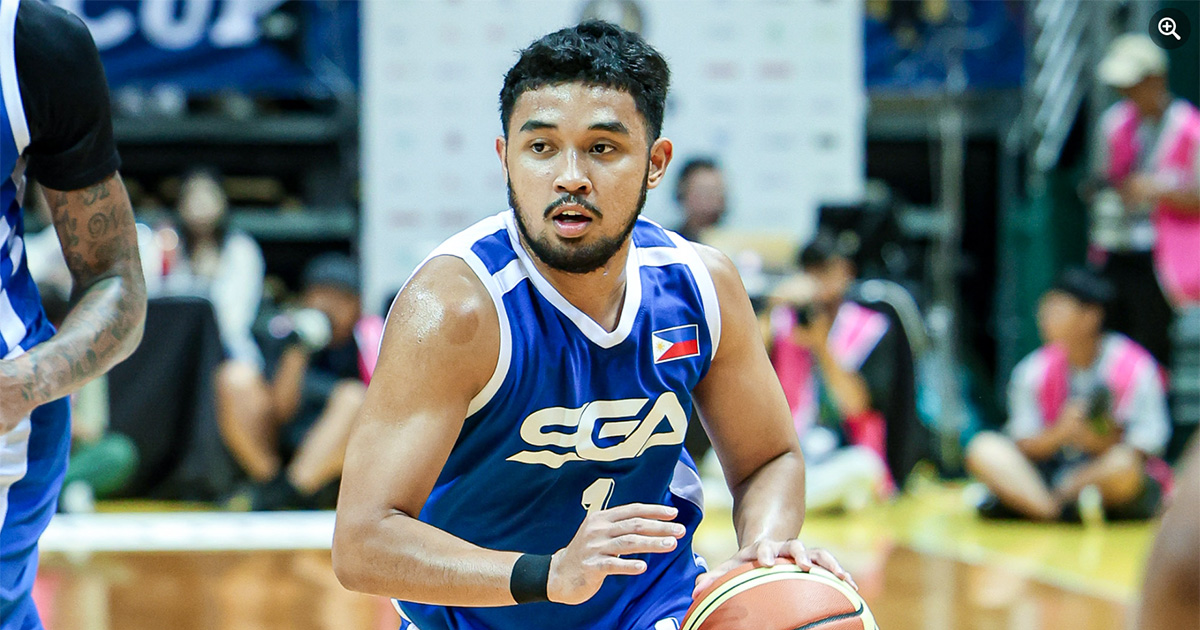The release of the All-NBA Teams is an annual affair that can, at times, be more divisive than the MVP debates. This year’s edition was no exception, as the uncertainties brought about by the COVID-19 pandemic and the injuries that may or may not be associated with it factored into who made or missed the cut.
Giannis Antetokounmpo, league MVP Nikola Jokic, Stephen Curry, and Luka Doncic were the surefire locks for the first team, with Kawhi Leonard getting the nod over Damian Lillard and Joel Embiid due to positional constraints. Antetokounmpo was the only unanimous choice, with the three second-team votes for Jokic and Curry giving indications as to how wide open the MVP race was despite Jokic’s pretty solid case.
Meanwhile, Defensive Player of the Year Rudy Gobert and Most Improved Player Julius Randle went to the All-NBA second and third teams, respectively.
While it isn’t a unanimous list, the selections themselves have valid reasons. However, they do create some questions.

What qualifies as enough games? Does where you end up in the playoffs or even making the playoffs for that matter even… matter? How big of a factor is strength of schedule?
These are just some of the questions that went into the decision-making when selecting the All-NBA teams or even some of the awards. Regardless of whether the voters submitted their choices with a handful of games left to be played, the answers to these questions can create contradictions with regard to who is on which team… and who even garners consideration to begin with.
Having Damian Lillard over Doncic would have been fine, especially given that Lillard lost CJ McCollum and Jusuf Nurkic for certain stretches of the season, but the 2018-2019 Rookie of the Year likely got the nod due to factors that included but were not limited to the higher playoff seeding (5th vs 6th) and how Doncic’s game is more all-around statistically than that of the 2012-2013 Rookie of the Year.
With both the Portland Trail Blazers and Dallas Mavericks each finishing with 42 wins, however, Lillard certainly had a case as his 10.4 win shares meant that he likely contributed more to his team’s wins as compared to Doncic, who finished with 7.7 win shares.
If the list itself were to value one thing, though, it would be that of quality over quantity. In a typical season, missing 15 or more games is already something that would automatically take out players from first-team and at times second-team consideration, but it didn’t seem to affect the cases of Leonard and Kyrie Irving.
Leonard missed 20 games and his case was strengthened by how he was labeled a forward, but stats wise, he nearly completed a 50-40-90 season in terms of shooting splits. What may have titled things in his favor however, could have also been how he remained a constant presence in a team with a first year head coach in Tyronn Lue and moving parts within the roster.
Irving played 54 games, which would be his lowest since the 2015-2016 season. For an 82-game season, that would be equal to 61.5 games, which would have been his lowest since the 2017-2018 season. To voters, it was perhaps more important that he played in more regular season games than James Harden (36 games for the Brooklyn Nets) and Kevin Durant (35) and tied with Durant in terms of leading the team in scoring average.
On the flip side, perhaps no one has had their case hurt more by quality over quantity than that of Donovan Mitchell. He struggled during the early parts of the 2020-2021 season, but as time went on, Mitchell regained his form and was very much instrumental in helping the Utah Jazz secure the best record in the NBA and the overall top seed in the playoffs.

Numbers wise, Mitchell’s 26.4 points per game, .386 3-point percentage, and 5.2 assists per game were all career-highs despite coming in as the marked man for the Jazz offensively.
Perhaps it was the ankle injury that forced him to miss the last 16 games of the regular season that put a dent into his All-NBA campaign, but for him not to be included as the best player in the best team in the NBA is something that is quite hard to believe.
Putting together the 15 best players in the NBA will forever be an inexact science. Coming up with a consensus list will be more surprising than coming up with a diverse, if not divisive, set of players. In fact, it’s a given that when next season’s All-NBA teams come out, we’ll most likely have this why-him and why-not-him conversations again.

